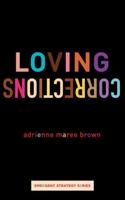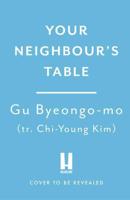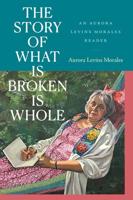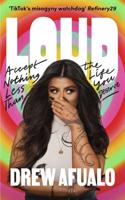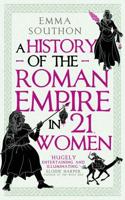Publisher's Synopsis
A Bold, Unapologetic, and Transformative Exploration of Queer Identity, Language, and Liberation
Words have power. They can shape realities, define identities, and carry the weight of entire histories. Faggot is one such word-a slur that has been used to wound, to shame, to mark queer people as other. It is a word that has echoed through school hallways, been scrawled across bathroom stalls, hurled from moving cars, and whispered in boardrooms. It is a word meant to diminish, a word meant to control. But what happens when the people it was meant to harm decide to take it back? What happens when a word of insult becomes a word of defiance, of survival, of strength?
They Call Me Faggot is more than just a book. It is a reclamation. It is a deep, unflinching examination of language and power, of history and resistance, of the ways queer people have been named and the ways we have learned to name ourselves. It is about taking a word that has been used as a weapon and transforming it into something unbreakable.
This book delves into the origins of faggot, from its contested etymologies to its historical use as a tool of oppression. It traces the ways language has been used to police queer bodies, how slurs have been wielded to reinforce hierarchies of power, and how words can be turned into instruments of social control. But it does not stop there. It asks what it means to reclaim language, what it means to take ownership of a word that was never meant to belong to us, and what it means to wield that word with intention, with power, with pride.
What You'll Discover in This Book:
- A deep historical analysis of how faggot has been used across different cultures and time periods to oppress and control queer identities.
- A discussion of linguistic reclamation, drawing from queer theory, social psychology, and the lived experiences of LGBTQ+ individuals.
- A critical examination of intersectionality, exploring how race, class, and gender impact the way slurs are experienced and reclaimed.
- A celebration of queer defiance, looking at how activists, artists, and everyday people have repurposed language to create new forms of empowerment.
- An exploration of the role of humor, art, and community in stripping slurs of their power and reshaping them into affirmations of identity.
- A powerful call to action, challenging readers to think critically about the words they use, the systems they participate in, and the world they want to help create.
Who This Book Is For:
This book is for anyone who has ever been called a name meant to hurt them. It is for those who have flinched at a word and later wondered if it could mean something else. It is for queer people who are tired of being told who they are by those who do not understand them. It is for activists, thinkers, artists, and anyone who believes that words are not fixed, that meaning can be reshaped, that identity is something we have the power to define for ourselves.
But it is also for those who struggle with reclamation, for those who find the idea of embracing a slur unsettling or painful. Because reclamation is not about forcing everyone to use a word-it is about giving people the choice. It is about removing the sting, about shifting the balance of power, about refusing to let those who hate us decide the limits of our language and our lives.






